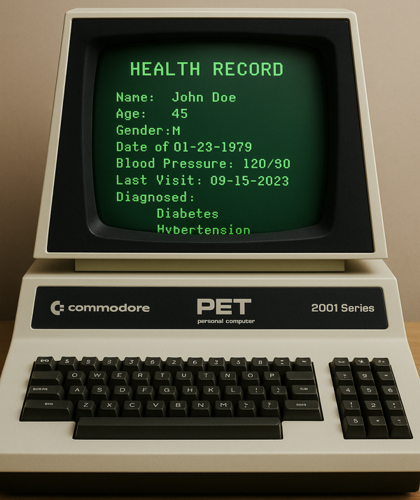Artificial Intelligence (AI) is rapidly transforming healthcare, offering new possibilities in diagnostics, treatment planning, and operational efficiency. But as David Newey explores in his article for Digital Health, the issue of bias in AI is not just about data — it’s also about time.
📖 Read the full article here:
Bias in AI: It’s a Matter of Time – Digital Health
Key Reflections from the Article
- Legacy Code and Unintended Consequences
The piece opens with a reflection on the Log4j vulnerability — a reminder that even seemingly innocuous code written decades ago can have far-reaching consequences. This sets the stage for a broader discussion on how historic systems and societal shifts influence AI development. - Bias is Temporal
Bias in AI isn’t static. As society evolves, so do the norms, expectations, and demographics that shape how algorithms perform. What was acceptable or representative in the past may no longer be fit for purpose today. - Healthcare Implications
In healthcare, this temporal bias can have serious consequences. AI systems trained on outdated or non-diverse datasets risk marginalising communities, misdiagnosing patients, or reinforcing systemic inequalities. - The Role of IT Professionals
Newey argues that IT leaders must be conscious of how time affects both the design and deployment of AI systems. This includes understanding the historical context of training data and anticipating how future changes might impact algorithmic fairness.
Why This Matters
At Ripcord Consulting, we believe that responsible AI in healthcare must be inclusive, transparent, and forward-looking. Bias isn’t just a technical flaw — it’s a reflection of the systems and societies that produce it. Addressing it requires not only better data but also better awareness of how time shapes technology.

